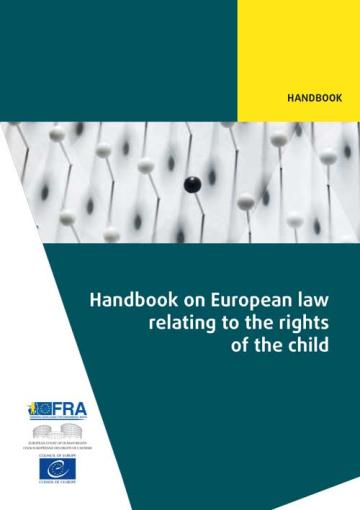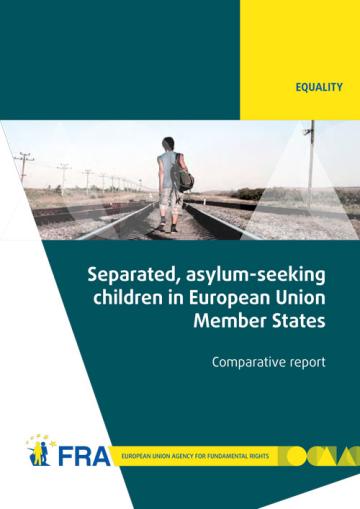Help us make the FRA website better for you!
Take part in a one-to-one session and help us improve the FRA website. It will take about 30 minutes of your time.
Bērnu aizsardzība
Highlights
- Report / Paper / Summary22March2022In view of the human rights situation since the beginning of the war in Ukraine on 24 February 2022 and the large number of persons seeking protection in the European Union (EU), the EU Agency for Fundamental Rights (FRA) dispatched, as a first step, a team composed of Agency staff who speak the national languages and with expertise on migration, child protection, equality and non-discrimination and Roma inclusion to observe and collect evidence on the evolving situation. The team reported daily to the EU mechanism for preparedness and crises management on migration (Migration Preparedness and Crisis Blueprint).











